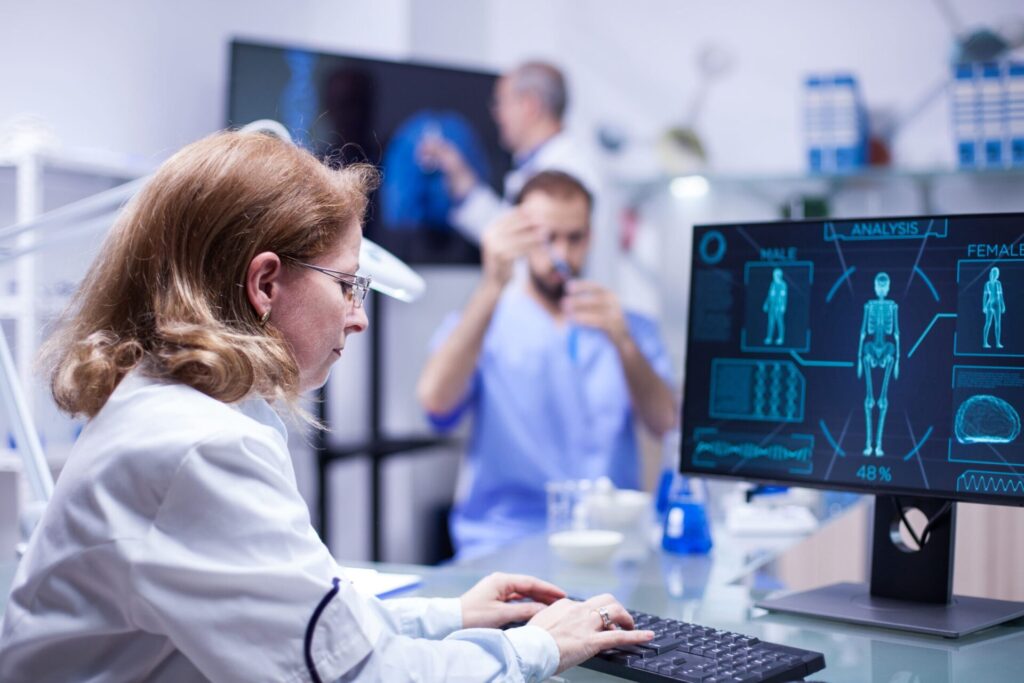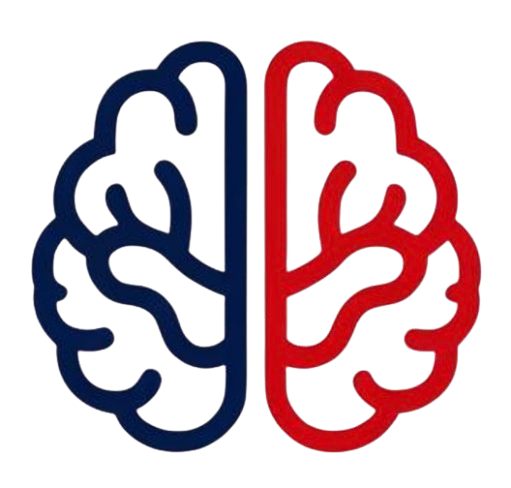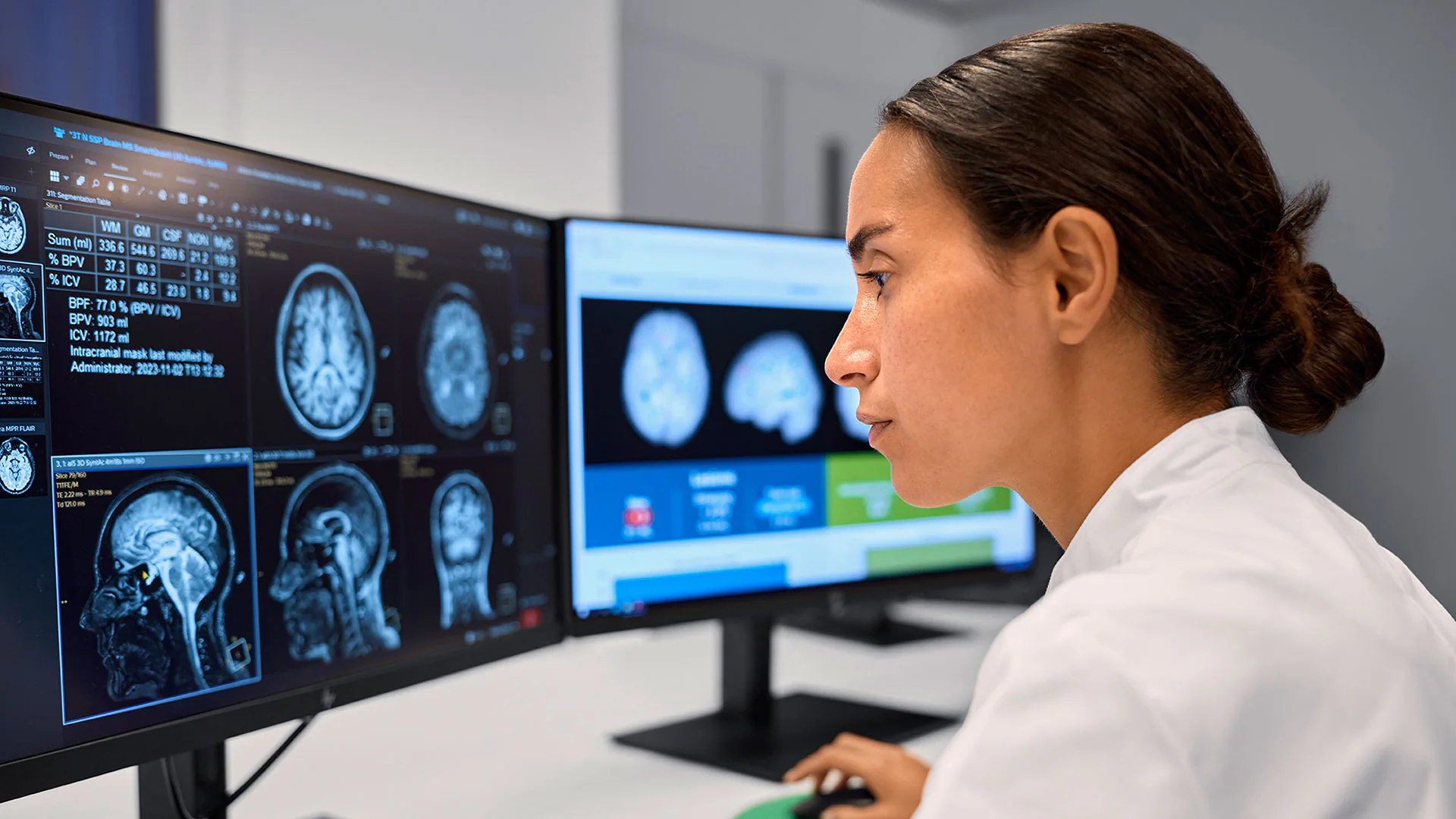In today’s rapidly evolving healthcare landscape, artificial intelligence (AI) is emerging as a game-changer. From detecting diseases earlier to providing more accurate diagnoses, AI is transforming the way we approach patient care.
Musumeci Online – The Podcast. It is perfect for driving, commuting, or waiting in line!
In today’s rapidly evolving healthcare landscape, artificial intelligence (AI) is emerging as a game-changer. From detecting diseases earlier to providing more accurate diagnoses, AI is transforming the way we approach patient care. By analyzing vast amounts of medical data—from X-rays and patient records to clinical trials and wearable devices—AI uncovers patterns that might easily go unnoticed by human eyes. This means faster, more precise diagnoses that can lead to earlier treatment and ultimately better health outcomes.
Effective and ethical AI solutions in healthcare don’t come from isolated efforts; they result from the teamwork of AI engineers, data scientists, medical experts, and other stakeholders.
Consider how early detection can save lives: for example, when breast cancer is caught at its initial stage, the five-year survival rate exceeds 90%. In stark contrast, cancers detected at later stages often see much lower survival rates. Similarly, colorectal cancer, which can have a survival rate as low as 14% when diagnosed late, jumps to nearly 90% when found early. These impressive numbers underscore the transformative impact of AI-driven diagnostics on patient care.
Collaboration is at the heart of this revolution. Effective and ethical AI solutions in healthcare don’t come from isolated efforts; they result from the teamwork of AI engineers, data scientists, medical experts, and other stakeholders. This collaborative spirit ensures that AI models are not only robust and accurate but also culturally sensitive and adaptable to different healthcare settings. For instance, projects like Omdena’s AI-powered initiatives in underserved communities are making it possible for patients in regions with limited access to specialists to receive accurate diagnoses and timely treatment.

One notable example comes from Liberia, where an AI-powered app is predicting malaria outbreaks and identifying high-risk areas. By enabling health officials to act proactively—especially for vulnerable populations like children and pregnant women—AI is helping to prevent outbreaks before they spiral out of control.
Such advancements not only improve the effectiveness of treatments but also reduce side effects and speed up the overall recovery process.
Beyond diagnostics, AI is also making waves in other areas of healthcare. In oncology, for instance, personalized cancer treatments are becoming a reality through genomic analysis that tailors therapies to an individual’s unique cancer profile. Machine learning is also being used to analyze heart health data with impressive accuracy rates—for example, studies have shown a heart disease classification accuracy of up to 93%. Such advancements not only improve the effectiveness of treatments but also reduce side effects and speed up the overall recovery process.
Looking ahead, the future of healthcare is set to become more accessible and efficient, thanks in large part to AI. By integrating these advanced models into everyday medical practice, we are moving toward a world where early diagnosis and personalized treatment are available to everyone, regardless of geographic location. This isn’t just about technology; it’s about creating a healthier, more equitable world where medical care adapts to the unique needs of every individual.


Leave a Reply